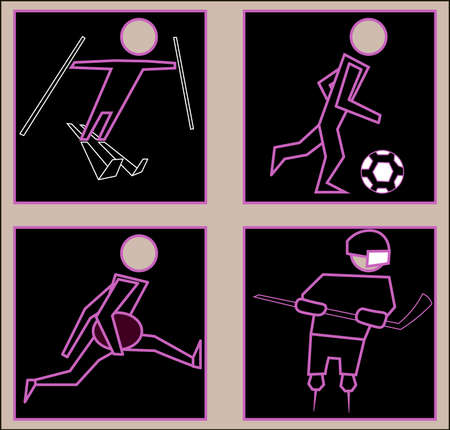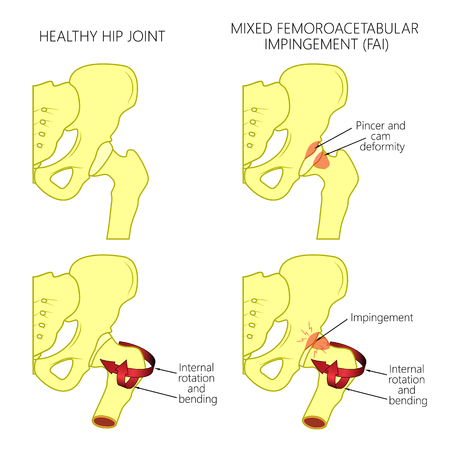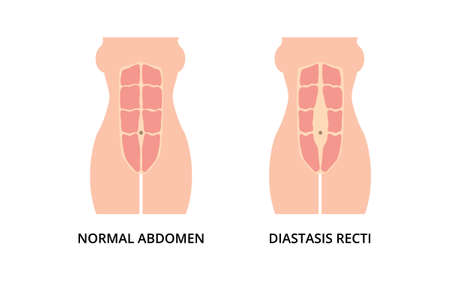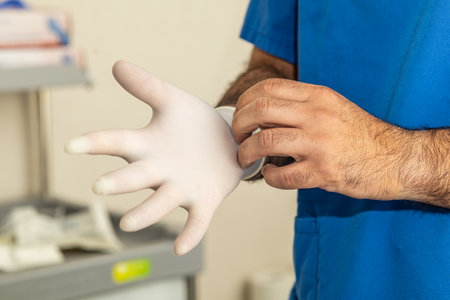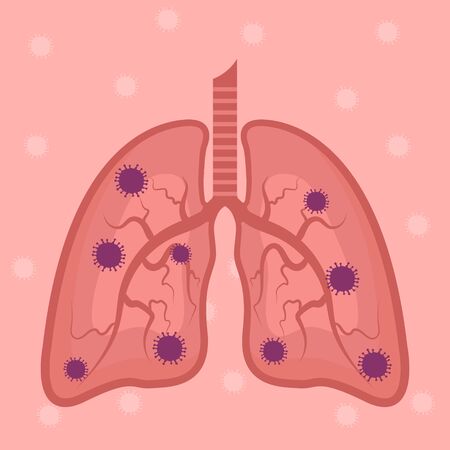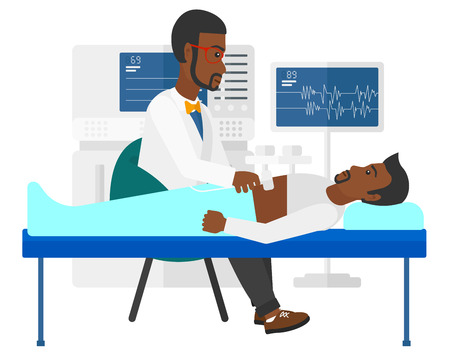Occupational Therapist Recommendations: Must-Have Adaptive Equipment for Daily Activities
Introduction to Adaptive EquipmentAdaptive equipment plays a crucial role in empowering individuals with diverse abilities to live more independently and confidently in their daily lives. In the UK, occupational therapists often recommend specific aids and devices tailored to the unique needs of each person, ensuring practical solutions that align with local lifestyles and available resources.…
